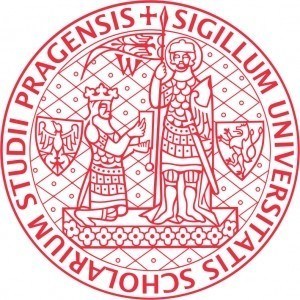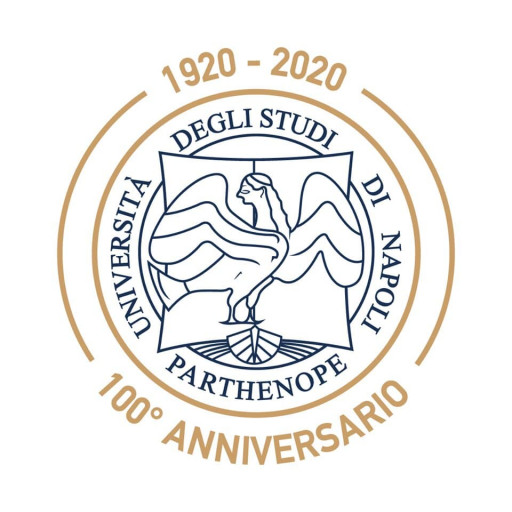Photos of university / #_charles.university_
In our Master’s programs, students are given a broad overview of their field, helping them to think independently, to distinguish between important and marginal problems, and to accommodate quickly to novel technologies. The focus is on understanding the core principles of how and why things work and on the application of these principles within modern technologies. The strong theoretical basis of the Master’s study program gives our graduates a competitive advantage in a dynamically evolving world where today’s technologies are often obsolete tomorrow.
Studies usually take two years and finish with a state final exam and Master’s thesis defense. After successful completion the student is awarded the title of a Master of Science.
Currently we provide seven study branches in English:
- Theoretical Computer Science.
- Computational Linguistics.
- Discrete Models and Algorithms.
- Computer Graphics and Game Development.
- Software and Data Engineering.
- Software Systems.
- Artificial Intelligence.
The study program is very flexible and students can customize their set of attended courses based on their particular interests and needs. In the first year, there are mandatory foundational courses such as data structures and theory of complexity and computability. Students of Computational Linguistics also have courses on natural language processing and statistical methods and they begin work on a group software project, while students of Discrete Models and Algorithms have courses on combinatorics, graph theory, and optimization. Some courses on specific subjects, as described next, are also included in the first year.
The second year of studies is organized according to the student’s own selection of courses. This is based on the choice of study plan within the study branch. We offer courses on artificial intelligence and its sub-areas such as machine learning, planning, declarative programming, and neural networks, several linguistics courses, courses on speech recognition and machine translation, and courses on optimization techniques (non-linear, combinatorial, multi-criteria), integer programming, mathematical structures, algorithms and their complexity, and approximation and probabilistic algorithms. Students may attend some of these courses already in their first year, so that in their second year they can focus on finishing their master’s thesis.
- hold or be working towards a bachelor’s or master’s diploma and provide a certified copy thereof; in cases required by law, a certification of equivalence of education must accompany the application,
- have sufficient academic background in the relevant fields (see below for details); this can be demonstrated by passing the specialized entrance examination in June 2017 in Prague that is organized by the Faculty of Mathematics and Physics, or by providing transcripts (academic records) of your previous education accompanied by syllabi of the completed courses; promising students who do not have this background may be admitted with the provision that they complete the missing Bachelor’s courses,
- have sufficient command of the English language; this can be demonstrated by providing your results in one of the standardized English tests that we recognize (see below for details).
- a statement of purpose in which you describe your reasons for applying to the proposed programme, your study and possibly also research interests and future career plans,
- letters of recommendation as recent as possible from professors and employers who can comment on your recent professional accomplishments and your qualifications for pursuing a Master’s degree in mathematics or computer science.
Academic background
In this paragraph we summarize the minimum knowledge required for applicants in the various study programmes and study branches offered at our faculty.
Master of Computer Science
Study branches Theoretical Computer Science, Computational Linguistics, Discrete Models and Algorithms, Computer Graphics and Game Development, Software and Data Engineering, Software Systems, Artificial Intelligence: background in calculus, linear algebra, discrete mathematics, probability, computer programming, algorithms and data structures, computer organization, and the theory of automata and formal grammers.
Entrance examination – Master’s programme
Applicants who will not sufficiently demonstrate the necessary background listed above by May 9, 2017, or with their application, will be invited to take the entrance examination in Prague. The entrance examination for a Master’s programme at the Faculty of Mathematics and Physics at Charles University consists of four problems, each worth 25 points. In case of an incomplete solution a proportional number of points will be given. The maximum total score is 100. The minimum score for admission is 40 points out of 100. Depending on the study programme and study branch, the examination has the following structure (the links provide a more detailed description of the topics for the entrance examination in pdf):
Master of Computer Science
All study branches: Computer Science (4 problems, e.g., logic, automata theory, programming, theoretical computer science). You might wish to look at sample tests: the 2012 test (pdf), the 2013 test (pdf), the 2014 test (pdf) and the 2015 test (pdf). see here: http://www.mff.cuni.cz/admission/admission/
Want to improve your English level for admission?
Prepare for the program requirements with English Online by the British Council.
- ✔️ Flexible study schedule
- ✔️ Experienced teachers
- ✔️ Certificate upon completion
📘 Recommended for students with an IELTS level of 6.0 or below.











